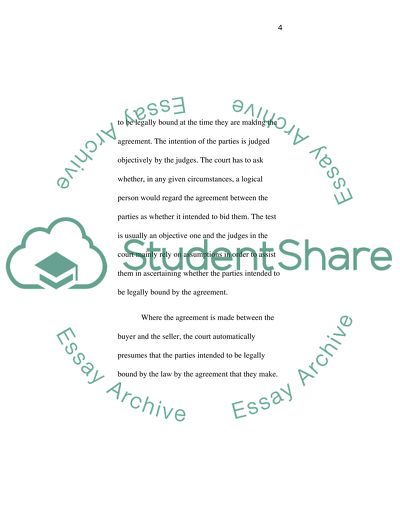Cite this document
(“Business law Essay Example | Topics and Well Written Essays - 1750 words - 1”, n.d.)
Retrieved from https://studentshare.org/other/1397843-business-law
Retrieved from https://studentshare.org/other/1397843-business-law
(Business Law Essay Example | Topics and Well Written Essays - 1750 Words - 1)
https://studentshare.org/other/1397843-business-law.
https://studentshare.org/other/1397843-business-law.
“Business Law Essay Example | Topics and Well Written Essays - 1750 Words - 1”, n.d. https://studentshare.org/other/1397843-business-law.


